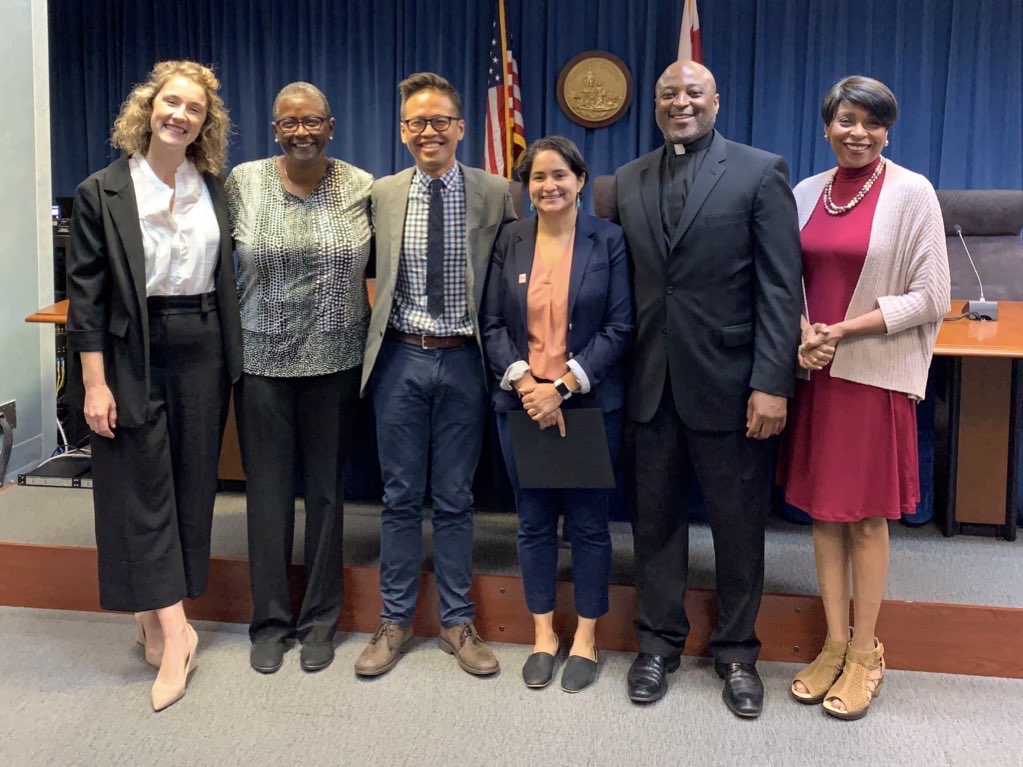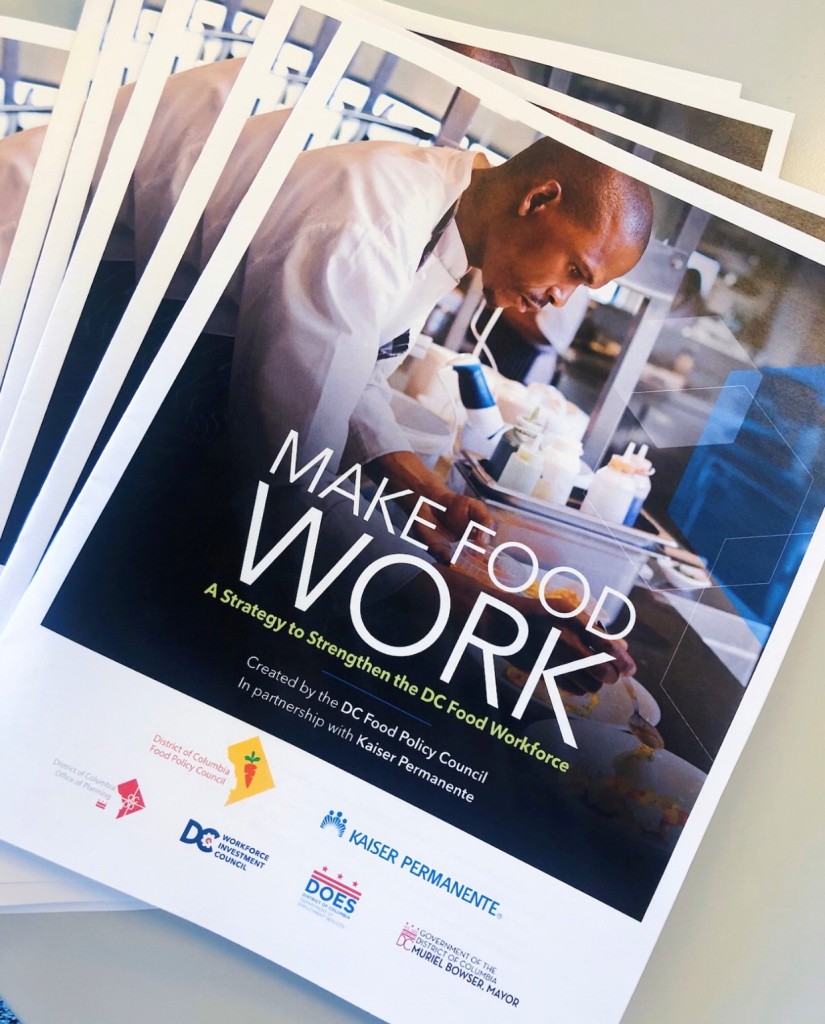Food Access & Equity

- Create a Locally-Owned Healthy Food Retail Investment Fund for community-driven food businesses in underserved areas
- Creating this Fund continues to be top priority in 2020.
- More healthy food retail opening in Wards 7 & 8: Fresh Food Factory in Ward 8 (open), Lidl in Ward 7 (2020), Good Food Markets in Ward 8 (2020), and Market 7 in Ward 7 (2020).
- The FPC assisted the Mayor in drafting comments on the federal cuts to the Supplemental Nutrition Assistance Program (SNAP) and created an advocacy guide for District residents interested in submitting comments to the USDA on the proposed cuts.
- Promote Food as Medicine programs for food-insecure populations.
- The Produce Rx Pilot Program with DC Greens, Giant, AmeriHealth, and DC Health officially launched and received additional funding in the FY 2020 Budget.
- FPC staff is researching food as medicine programs in the District and best practices nationally.
- FPC hosted GWU medical students for a panel discussion of food as medicine in the District.
- DC won the top prize for the Milan Urban Food Pact Policy Awards for its innovative food as medicine programs.
- The Food Policy Director moderated a panel on the role of food access and nutrition in supporting positive outcomes for families at Mayor Bowser’s 2nd Annual Maternal and Infant Health Summit.
- Establish an Online Grocery Delivery Pilot.
Sustainable Procurement (Now Sustainable Supply Chain)
- Streamline and improve institutional food procurement.
- The Healthy Students Amendment Act of 2018, which increases the District’s investment in school breakfast and requires that DCPS move towards aligning procurement with the Good Food Purchasing Program (GFPP), passed.
- DC School Food Advisory Council is convening stakeholders and hosted DCPS presentation on GFPP baseline study results.
- FPC staff completed a study on current food procurement contracts in the District and best practices nationally.
- The Healthy Shelters Act of 2019, which would increase nutrition standards for meals at homeless shelters, was introduced in DC Council.
- In June 2019, the Food Policy Director presented on the DC Food Economy Study at a regional sustainable supply chain convening hosted by the Metropolitan Washington Council of Governments.
- Move towards developing a DC Food Processing and Innovation Center (“central kitchen”).
- The Fiscal Year 2020 Budget provides the Office of Planning (where FPC is located) with $100K to conduct a best practices study on developing a central kitchen.
- Pilot self-operated school food services in a limited number of DCPS schools.
- The Fiscal Year 2020 Budget includes funding for DCPS to conduct a 10-school pilot of self-operated school food services in school years 2020-21 and 2021-22.
- Explore best practices for increasing organics diversion.
- DC Food Recovery Working Group is organizing 3rd annual DC Food Recovery Week in October 2019.
- The FY 2020 budget included funding for DPW to increase composting participation and awareness of composting in areas that currently have low participation efforts.
Urban Agriculture
- Expand the Urban Land Lease Program and Urban Agriculture Tax Credit.
- DGS leased 2 parcels of District government land to farmers in the District.
- Both the Land Lease Program and Tax Credit will be managed by the newly created Urban Agriculture Office within the Department of Energy and Environment.
- Increase financial support and resources for urban farms in the District.
- The Fiscal Year 2020 budget creates a new Urban Agriculture Office within DOEE. The working group will cohost listening sessions with DOEE to solicit feedback on what this office should prioritize.
- Working group has engaged UDC in on-going conversation about how to better support urban agriculture in the District.
Local Food Business & Labor Development (Now Entrepreneurship & Food Jobs)

- Elevate the DC Food Economy Study.
- Food Economy Study was published in 2019.
- Sustainable DC 2.0 included goals around strengthening the District’s food economy through improved workforce practices.
- Publish and begin implementation of the DC Food Workforce Development Strategy.
- February 2019: FPC held a successful stakeholder convening to support the development of the strategy.
- Draft in-progress: On-track to be published Winter 2019.
- Expand the Cottage Food Act of 2013 to make it easier for small, at-home food producers to operate in the District, such as increasing the current annual revenue cap ($25,000).
- Cottage Food Expansion Amendment Act of 2019 passed first reading in December 2019.
Nutrition & Food System Education
- Identify needs and opportunities for increased nutrition and food system education.
- July 2019: Nutrition Educators Summit: DC Central Kitchen and partners hosted Summit to identify strategies for increasing and better aligning nutrition education.
- Support local food producers that promote and preserve DC culture and food traditions.
- The FPC has strengthened partnership with DSLBD and promoted grant opportunities like Grown in DC at FPC meetings.
More Progress!
- FPC co-hosted two community meals with DC Greens’ Community Advocates Program.
- FPC published 2018 Food System Assessment.
- FPC published list of food resources during federal government shutdown.
- New FPC members were appointed to the FPC.
- The Entrepreneurship & Food Jobs Working Group was created!
